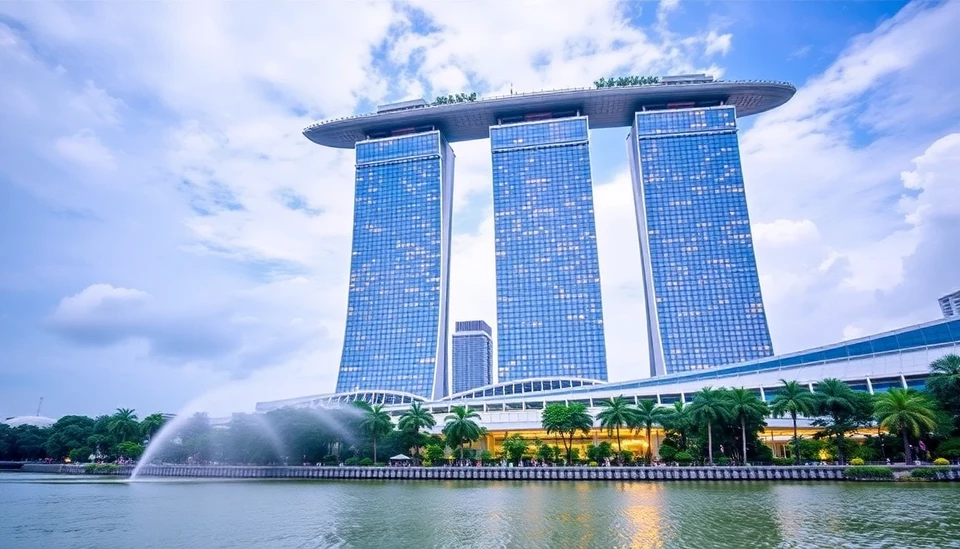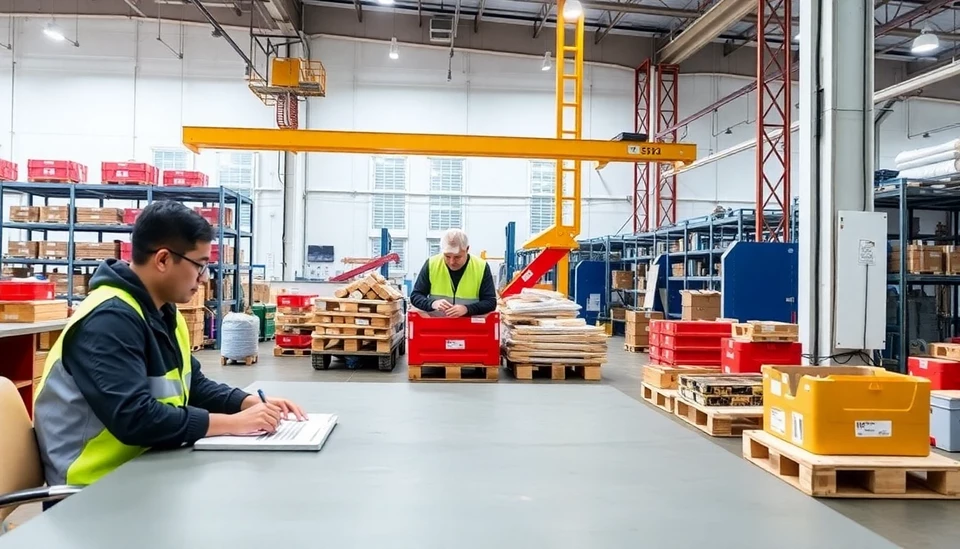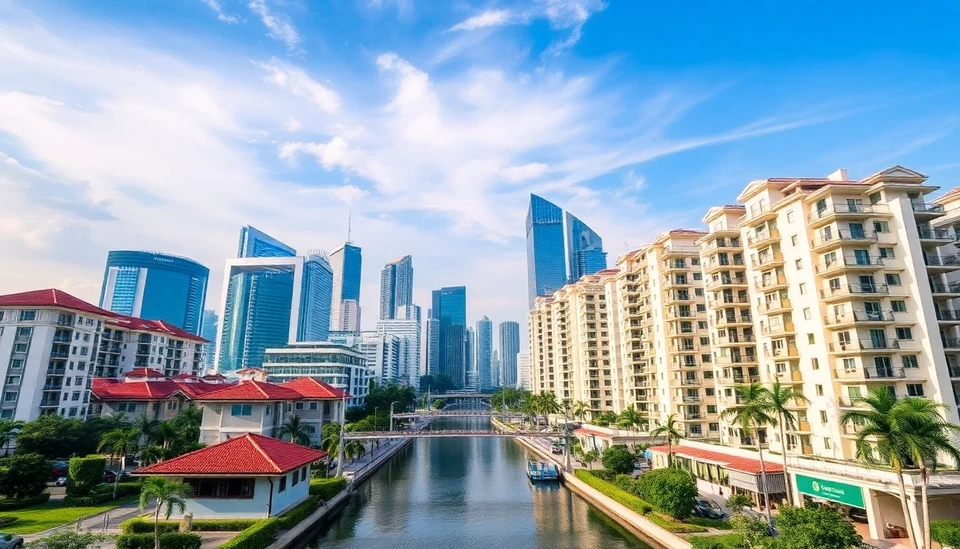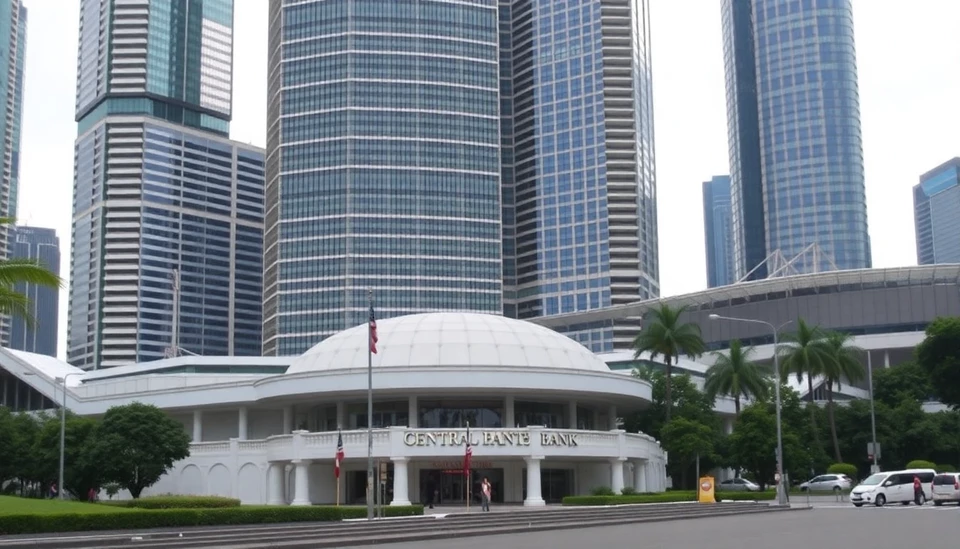
In an ambitious move that has captured the attention of environmentalists and policymakers alike, Singapore is initiating a radical transformation aimed at enhancing its sustainability and combating climate change. The city-state, known for its innovative urban planning and green spaces, is now ready to escalate its initiatives to create a greener and more resilient future.
Under its groundbreaking plan, Singapore is committing to a series of extensive strategies designed to overhaul its green infrastructure. This transformation is not merely an extension of existing practices but a comprehensive approach necessitating significant investment and community involvement. The country is positioning itself as a global leader in green technology and sustainability, seeking to inspire other nations to follow suit.
Central to this initiative is Singapore's investment in renewable energy sources, particularly solar power. The government aims to ramp up the use of solar panels throughout the city, utilizing its extensive rooftops and vertical spaces. Furthermore, there are plans to develop offshore solar farms, harnessing the abundance of sunlight available in the region. This strategic shift is pivotal for Singapore, as it aims to generate up to 20% of its energy needs from solar power by the year 2030.
In tandem with its focus on renewable energy, Singapore is also prioritizing zero waste and circular economy principles. The authorities have implemented various programs to minimize waste generation, promote recycling, and encourage reusing materials. One such initiative involves setting targets for reducing food waste through partnerships with local businesses and community projects aimed at raising awareness about sustainable consumption practices. This aspect of the plan addresses the rising concerns about food security and waste management amid growing urbanization.
The transportation sector is another critical area highlighted in Singapore's green transformation agenda. The country is set to invest heavily in electric vehicles (EVs) and public transportation systems to reduce reliance on fossil-fuel-powered vehicles. Infrastructure for EV charging stations is expanding rapidly, aiming to make electric vehicles more accessible and convenient for residents. Additionally, Singapore's efforts to enhance public transport systems are designed to entice citizens to opt for sustainable commuting alternatives.
Besides infrastructural enhancements, the government is actively engaging with its citizens to foster a culture of sustainability. Educational campaigns and community programs are being rolled out to instill environmentally friendly practices in daily life. By advocating for a greener lifestyle, the government seeks to cultivate an eco-conscious society that actively participates in environmental conservation efforts.
As part of the transformation, Singapore is also focusing on the urban heat challenge presented by its dense population and extensive construction. To combat this issue, the city is set to explore innovative cooling technologies and increase greenery in urban areas. This includes initiatives such as planting more trees, creating vertical gardens, and enhancing existing parks and green spaces to improve air quality and reduce temperatures. By prioritizing nature-based solutions, Singapore aims to create a more liveable urban environment for its citizens.
The road ahead for Singapore's radical green transformation will undoubtedly entail challenges. However, the city-state’s resolve to transition towards sustainability reflects a growing global imperative. By setting audacious targets and embracing innovative practices, Singapore hopes to mitigate the effects of climate change and secure a sustainable future for generations to come.
In conclusion, as Singapore embarks on this ambitious journey, the world watches closely. The outcome of its radical green transformation could serve as a significant blueprint for cities grappling with similar environmental concerns. If successful, Singapore may well lead the way in the global shift toward sustainability and climate resilience.
#Singapore #GreenTransformation #Sustainability #ClimateChange #RenewableEnergy #CircularEconomy #ElectricVehicles #UrbanPlanning #EcoFriendly #SustainableLiving
Author: Megan Clarke




